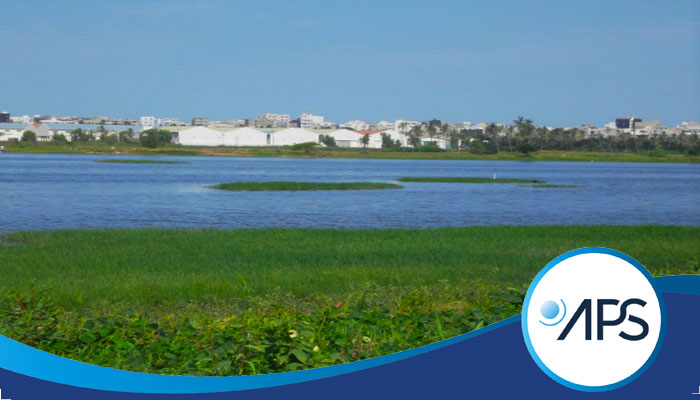Rufisque, June 1 (APS) – Serious threats related to access to water have led to fears of a gradual decline in family farms in the department of Rufisque, which is home to most of the agricultural land in the Dakar area, according to a study on the identification of constraints related to access to water in the Niayes zone.
The results of the study show that market gardeners in the Niayes area face significant challenges in terms of access to productive water. These challenges are related to the cost of water, the quota system and the quality of water, according to the report presented on Tuesday at the Town Hall of Rufisque.
At the initiative of the Pan African Institute for Citizenship, Consumers and Development, the study reveals that the rate of water consumption has increased by 17% in the department of Rufisque due to massive urbanization with new urban centers at the expense of family farms.
In view of the department’s demographic growth, the study notes, “securing and increasing agricultural production is becoming a necessary condition for ensuring food security not only for Dakar but for the entire country.
The spaces with agricultural vocation must be secured and reserved exclusively for this use in a context where real estate enchants more than agriculture in this agricultural area with access to water that is not guaranteed to producers, it recommends.
Occupying 2/3 of the area of the Dakar region, the department of Rufisque is home to most of the agricultural land. This makes it the “main source of supply of fruits and vegetables,” according to the study.
“We need to give water for household use, to give animals something to drink, but we also need to give water to family farms to produce the fruits and vegetables we consume,” noted CICODEV Executive Director Amadou Kanouté.
However, he added, experts agree that there is no physical problem of water scarcity, but it is access that is the problem.
The study recalls that Senegal has sufficient water resources with a renewable water potential estimated at 4750 m3/capita/year, well above the reference value for water scarcity estimated at 1000m3/capita/year.
“The lack of water leads to food vulnerability,” he added. This is why, the Executive Director emphasized, “we must control, monitor and secure access to the resource.
In this perspective, CICODEV is working to support city councils, departments, local elected officials, market gardeners so that water and land can be available for everyone to meet our housing needs but also food.
This session of “CICODEV dialogue” on the results of the study shows that to maintain horticultural production, it is necessary not only to control water but also to make it available for family farms,” said Gorgui Ciss, first vice president of the Departmental Council of Rufisque and mayor of the town of Yenne.
Thus it is through this session to “bring together all actors, stakeholders who need the water resource in this session to discuss the issues of water control from the results of this study to find consensual solutions,” he said.
Solutions that will then be carried in the form of advocacy by CICODEV for raising awareness of users in various forms of communication so that the consensual decisions adopted can be effective.
Source :http://www.aps.sn June 1st

